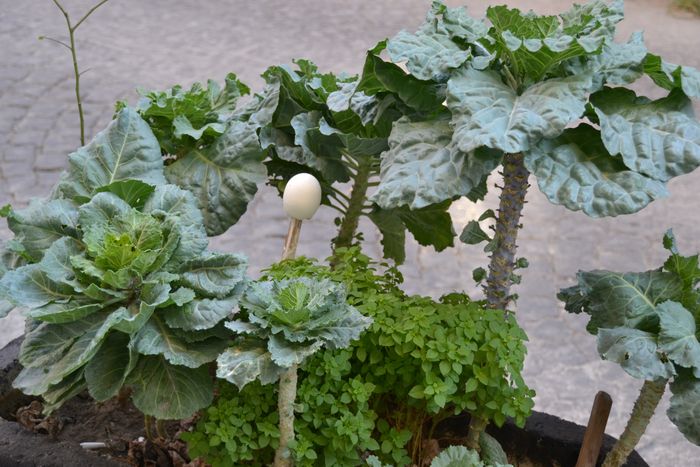Under the pretence or giving him a more important office, he was posted away from the capital. That biased the empress in his favour and after his recall from exile, he cultivated her friendship, deliberately effacing himself in order to please her. By this time everybody, up to a point, was inclined to support his claims, but he was suddenly carried off by an illness, and their hopes were never realized.**81
14. Fate, indeed, decreed that the new master of the Empire should be Constantine, the son of Theodosius.**82 He was the last scion of the ancient family of the Monomachi, in the male line. A long account of him will be given by me later, when I launch out into the description of his reign — a long account, because he was emperor for more years than any of Basil’s successors, and because there was more to relate. Constantine was more active than his predecessors, although it must be admitted that he was not uniformly more successful. Indeed, in some ways he was greatly inferior. There is no reason why I should not be candid about this and tell the true story.
Immediately after his accession I entered his service, served throughout his reign, was promoted to the Senate, entrusted with the most honourable duties. Thus there was nothing that I did not know, no overt act, no secret diplomacy. Naturally, therefore, I shall devote more space to him than to the other emperors.
The Manner in which Augusta Introduced the Emperor Constantine into the Palace
15. But this is not the time to speak of these things. Our present task is to describe how, and for what reasons, and by what turn of fate, he came to power. Because of his family this man held very high rank in the Empire. He had the additional advantage of great wealth, and his personal appearance was singularly charming. Beyond all doubt he seemed a fit person to marry into the most illustrious families. In the first place he became son-in-law to the most prominent member of court society, but his wife fell ill and died. He was forced into a second alliance.
At the time Romanus, the future emperor, was still a private citizen, although high hopes were entertained that he would eventually be promoted and the people treated him with the greatest respect, because of his position. Romanus had conceived a deep affection for Constantine — a young man in the flower of his manhood and scion of a most noble family — and he grafted this fine young cutting on his own rich fertile olive. The lady in question was none other than the daughter of his sister Pulcheria, who in the past had been married to Basil Sclerus (he had the misfortune later to be deprived of his sight) and she had become the mother of this one child, a daughter.
Read More about The Venetian Silk-Mercer part 3








